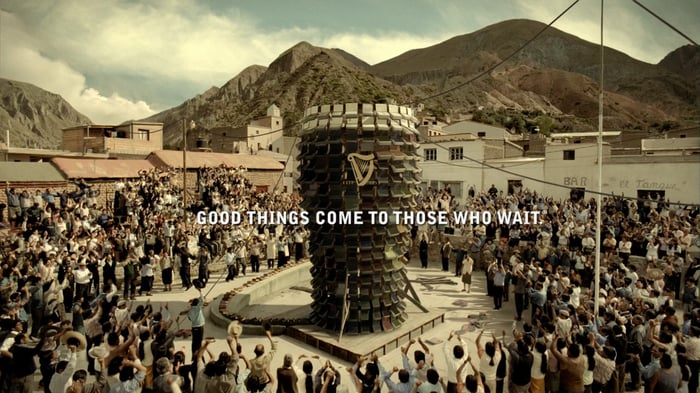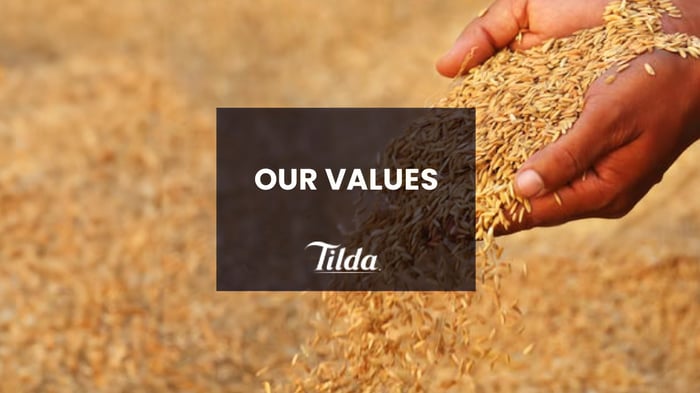There’s been a seismic shift in how brands accumulate equity.
Of course, fame still matters but character matters more. In 1899, the American economist Thorstein Veblen developed the link between social status and conspicuous consumption. In The Theory of the Leisure Class he wrote that ‘conspicuous consumption of valuable goods is a means of reputability for the gentleman of leisure’.
Veblen’s ideas are supported by observations made in biology and psychology. The ‘valuable goods’ of ‘the gentleman of leisure’ are mirrored in the natural world by the peacock’s extravagant tail and the exotic bowers of the bowerbird. These traits evolved as elaborate courtship rituals to ensure genetic transmission. From the perspective of evolutionary psychology, fashion, art and brands perform a similar function: they create elaborate displays (known as ‘costly signals’) to guarantee their products and services are consumed by generations of buyers.
This creates an arms race and the history of branding has seen brands engage in increasingly ostentatious displays to attract consumers. In 1836, when La Presse became the first French newspaper to fund itself through advertising, the ads were cheap. By 2008, Guinness was producing an ad at a cost of £10m that involved the destruction of 10,000 books, 6,000 dominoes, 4,000 tyres, 75 mirrors, 50 fridges, 45 wardrobes and 6 cars.

The reason for this escalation is that brands, like peacocks and bowerbirds, earn status through costly signalling, which means they always have to escalate. But times have changed. Ostentatious status displays are still essential to brands but those displays are increasingly focused on brand values.
Costly signalling has been replaced by virtue signalling. In the past, the focus of Corporate Social Responsibility (CSR) was largely a matter of internal priorities. That is no longer the case. Any brand wishing to prosper has to have its virtue recognised by external bodies. For example, it’s essential for the moral credibility of any corporation or ambitious smaller business that it attains or seeks to attain BCorp Certification, which is defined as meeting ‘high standards of social and environmental performance, transparency and accountability’. Another example is Environmental, Social and Governance (ESG), which emerged out of a combined initiative by leading financial institutions and the United Nations. The report that launched ESG was called Who Cares Wins. Among its sponsors were Deutsche Bank, Credit Suisse, Goldman Sachs, HSBC and Morgan Stanley and its aim was to have ESG serve as the moral foundation of ‘issues in analysis, asset management and securities brokerage’. It concluded that ‘the way that environmental, social and corporate governance issues are managed is part of companies’ overall management quality needed to compete successfully’.
Commercial sustainability is aligned to social and environmental sustainability. The aim of business is to make profit on condition they change the world for the better. B Corp defines its mission as ‘transforming the global economy to benefit all people, communities and the planet’. And it's an arms race.
Under the banner of Diversity, Equity and Inclusion (DEI) retailers like Coles and Aldi are offering employees paid leave for gender reassignment surgery. Others will have to follow suit and surpass their competitors. Tony’s Chocolonely prides itself on outperforming key competitors in the drive to treat suppliers with dignity and make chocolate supply chains 100% slave free. Ben and Jerry’s positioned itself as leaders in ‘eliminating injustices’ with progressive activism being central to its corporate mission.
The UN is right: who cares most will win. Of course, there have been initiatives that have backfired, most famously the transgender activist Dylan Mulvanbney’s promotion of Bud Light. But this should not obscure the bigger picture: the future belongs to those brands who are most effective in their alignment with B Corp, ESG and DEI. Perhaps the starkest evidence of this imperative comes from the United States, where 69% of top earning C-level executives at S&P 500 companies are Republicans. They are the group who are most likely to be sceptical of progressive values. Yet, their companies champion those values because, in addition to the commercial advantages of being virtue-driven, corporations who put values before profit will attract and retain the best talent.
Put simply: in 2024, who wants to work for a company that doesn't care?
Spotlight

What does a values-driven organisation look like?
After reading the above blog, you may be wondering where to start in creating a caring culture and developing values that aren’t simply playing lip service to B Corp and the like.
Our recent work with Tilda, a B Corp Certified business, is a prime example of how to engage employees at all organisational levels in developing a suite of values which align to the company vision, create a cohesive culture and help attract and retain employees.
We began our work with a triangulated research programme that involved every employee from the production facility to the boardroom. The research programme involved a company-wide survey, one-to-one interviews and focus groups. This ensured there was engagement throughout the organisation, which is a prerequisite for the success of any values or cultural change programme.
“It’s great to be involved - it helps us with morale and gives us a say in the direction the company is moving.”
Tilda employee - Production department
We then analysed the data and translated it into a series of values that were defined in practical terms with clear definitions of behavioural norms, excesses and deficiencies. This made it clear that the values were more than abstract concepts - it made them practical and that is what engaged the entire company.
The final delivery included multiple presentations outlining research conclusions, values definitions and a structured implementation strategy. The strategy included setting up a Values Working Group with strong representation from every organisational area as well as using the practical implementation of the values to help with employer branding.
“Cognition has been fundamental in helping us define and understand our values and our culture. Their work was invaluable in supporting us on our journey towards B Corp Certification and I can recommend them to any organisation looking to enhance their culture, attract the best talent and develop their people.“
Claire Deakin, Head of HR at Tilda
We help organisations enhance their values, create a progressive internal culture and attract the best talent.
Want to know more? Get in touch.




